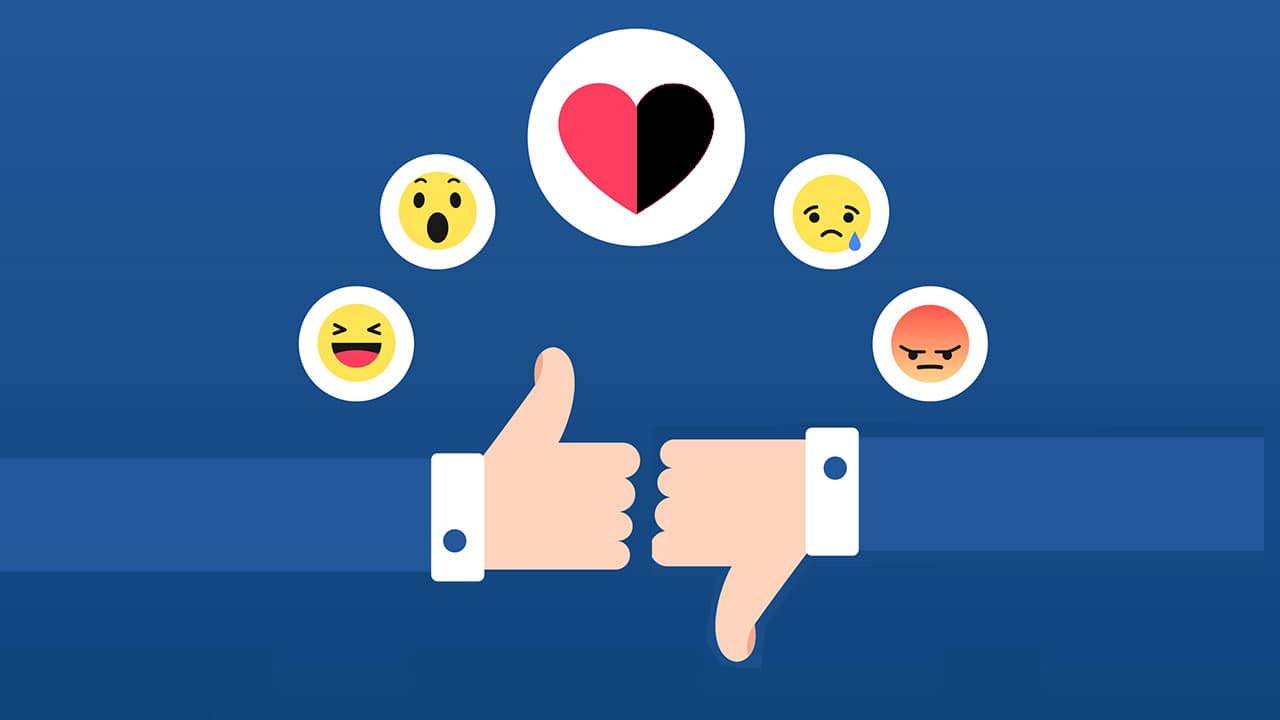
What Are the Pros and Cons of Social Media?
Scrolling through social media is one of our favorite pastimes. There are currently 4.89 billion social media users globally, which represents more than 60% of the world’s population, and this is projected to reach almost 6 billion in 2027.
However, despite its popularity, social media is highly controversial. Those whose loved ones lives are consumed by TikTok, Instagram, YouTube, Snapchat, Twitch, Kick and other popular platforms will argue that the cons outweigh the pros, while those who avidly use social media will say the opposite.
Objectively, there are tangible benefits of social media when it’s used responsibly. But there are also negative impacts that cannot be ignored. So, what are the advantages and disadvantages of social media?
This article looks at how social media affects society. We explore the pros and cons of social media to help you and your family harness the positive aspects and try to minimize the potential harms.
Pros of social media
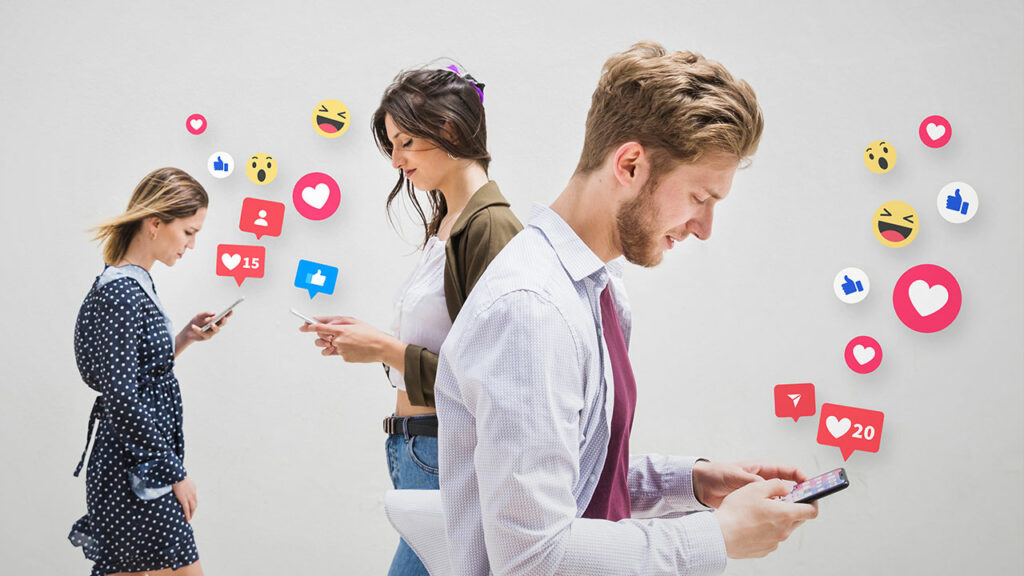
Let’s start with some of the main pros of social media. Many people will advocate that it’s a force for good and has brought numerous benefits to society. They believe that it can positively impact mental health and well-being when used in moderation.
Here are some of the main ways that social media can enhance our lives:
Increased connectivity
A key advantage of social media is increased connectivity. It allows people to stay in touch with friends and family from all over the world, regardless of distance or time zone. Through different social platforms, they can maintain close contact by sending messages, sharing photos, and using video chat apps.
Social media is also good for connecting people with similar views and interests. It enables them to easily communicate, share content, and discuss ideas. For individuals with niche hobbies, it’s a way to find likeminded people in other cities, states, and countries. Having a close-knit community can foster a sense of acceptance and belonging.
This connectivity was particularly important during the Covid-19 pandemic because it was a safe way to communicate when lockdown measures were in place. By enabling relationships to stay strong even when we were unable to meet up physically, it became important for the mental health of many people globally.
Mass communication
Social media is the most popular news source for 18 to 34-year-olds in the US – 47% use social platforms to get their daily news 1 1. https://www.statista.com/statistics/717651/most-popular-news-platforms/ × . It can be a reliable source of information, but fake news is an ever-present risk.
Information can be posted in real time on social media. So, we get access to news as it happens – often from eyewitnesses – sometimes before traditional news outlets can cover it. Following other people’s reactions to news and information also draws people to social networks to really get under the skin of a story.
Another benefit is that social media can be used to communicate and discuss topics that aren’t covered by mainstream media – possibly because they’re too niche or controversial. Those who want a platform to share and seek views with likeminded people now have a space to do so.
Knowledge and learning
There are pros and cons of social media for students but one of the main advantages is learning opportunities. Children and young people can build up knowledge on a broad range of subjects in an interactive way. With different views and perspectives shared across multiple platforms. they can engage with issues and have their voices heard.
As most social media platforms have a global reach, there are no geographical barriers to learning. Anyone of any age can access online courses, webinars, tutorials, and training programs delivered by experts to learn new skills and broaden their understanding of the world. Plus, many educational institutions share valuable insights on social media, which can give students access to information and resources beyond the walls of their school or college.
Inclusivity
People with disabilities sometimes feel isolated, but social media can provide valuable support outside their immediate community. It can break down physical barriers and allow those with disabilities to communicate with others on a wide range of subjects and build a social network. .
Social media can also be a lifeline for people who feel marginalized because of their race, ethnicity, sexual orientation, or gender. They can easily find people who share similar backgrounds, preferences, and identities using hashtags and other search criteria. These connections can be crucial for their mental health and well-being.
Entertainment
As well as enabling groups of people to build communities, social media offers a myriad of entertainment options – memes, GIFs, videos, quizzes, puzzles, live streams, challenges, and much more. This entertainment is highly accessible because social media users already have phones, tablets, and computers, so they can view most of this content for free on platforms like Omegle, Wizz and Discord. What’s more, much of it is humorous and lighthearted, which can be a healthy distraction for anyone feeling lonely or depressed.
One of the most popular types of entertainment in the world is playing video games. And many gamers use social media to connect with other players, keep up with the latest gaming news and trends, and watch video games or live stream their own gameplay on platforms like Kick. This type of entertainment and engagement is replicated across thousands of other hobbies and interests.
Creativity
Social media allows users to express themselves creatively to a much wider audience than ever before. They can develop a platform to share their skills and talents via carefully curated messages, photos, and videos. For example, many people have successfully built a huge following on social networks like TikTok where their posts reach thousands, or sometimes millions, of people.
As well as using social media to share creative content, it’s also a great place to get inspired. Many people access social media to spark their creativity by following accounts, searching hashtags, or joining groups that relate to their hobbies and interests. There’s something for everyone from make-up tips to interior design ideas.
Cons of social media
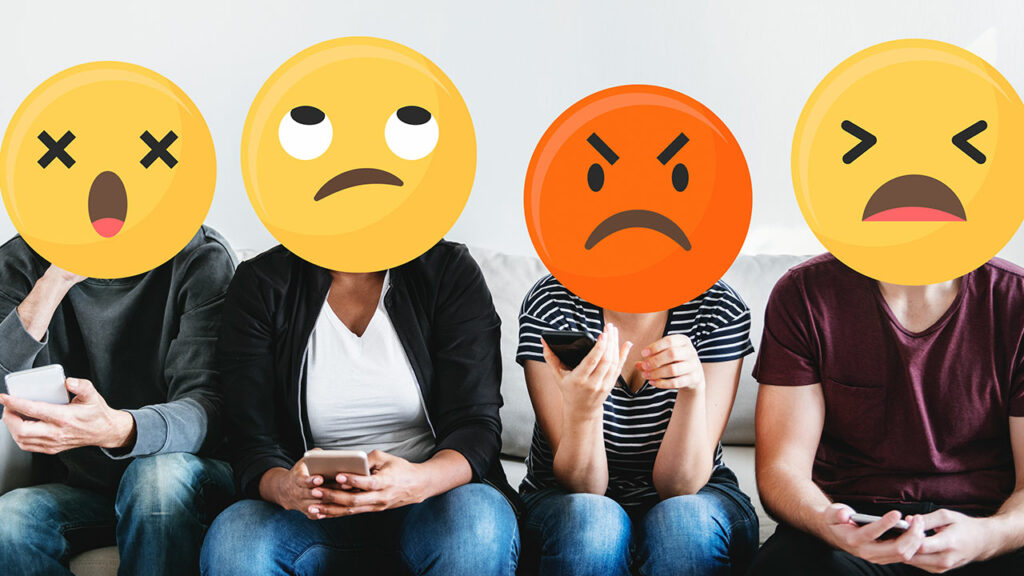
Despite the pros of social media, there are also disadvantages that can negatively impact our quality of life – from constant distraction and disrupted sleep, to cyberbullying and addiction.
It’s important to be aware of the dangers of social media to recognize when to stop engaging with any harmful platforms, content, or people. Understanding these red flags can help us navigate social media more responsibly and prevent any problems from further escalating.
These are some of the common cons of social media:
Cyberbullying
Social media makes it easy for individuals to carry out a relentless campaign of bullying and harassment. Often, victims don’t know who’s behind the abuse, but sometimes they may suspect who could be sending them threatening, offensive, or obscene messages. Either way, it can be difficult to prove, and perpetrators are able to stay anonymous without facing any consequences. Cyberbullying can be highly traumatic and cause emotional distress, low self-esteem and, in extreme cases, self-harm and suicide.
This toxic and aggressive behavior can take various forms including:
- Discrimination – Abusing someone because of their gender, age, ethnicity, race, sexual orientation, disability, religion, or any other unfair or prejudicial distinction.
- Doxing – Publishing someone’s personal information online – possibly their IP address so others can help to crash it.
- Outing – Revealing a person’s sexual or gender identity without their permission.
- Trolling – Making inflammatory and antagonistic comments to provoke others into starting arguments.
- Swatting – Calling emergency services to report a fictitious crime or crisis taking place at the victim’s address.
- Hacking – Gaining access to a victim’s social media accounts to post vile and hurtful messages.
- Cyberstalking – Making persistent efforts to contact the victim, which can sometimes escalate into stalking them offline as well.
Misinformation
One of the pros of social media is mass communication, but this is also one of the cons. Unfortunately, social networks have become a breeding ground for spreading fake news to manipulate and distract users from the real story. There’s so much information pushed out on social media that users find it difficult to filter out the truth.
Misinformation is quickly and easily shared across platforms, which can lead to confusion, distrust, and division. This is exacerbated by the fact that algorithms often display content that aligns with an individual’s existing views and beliefs, which can create echo chambers. They aren’t shown diverse opinions about a subject, and this can lead to polarization. In extreme cases, the spread of false information can interfere with democratic processes and influence election results.
Mental health issues
So, is social media bad for our emotional well-being? Despite the negative press, there are pros and cons of social media on mental health. On the plus side, connecting with likeminded people can foster a sense of acceptance and belonging, as shown above. However, the cons arguably outweigh the pros for some users, and it can have a detrimental effect.
One of the main issues is that social media can present an airbrushed version of other people’s lives. Some individuals constantly compare their home, car, job, holidays, friendships, etc to this idealized lifestyle, which can lead to feelings of inadequacy and low self-esteem. Another downside of social media is that users can become increasingly reliant on likes, comments, and shares to feel good about themselves. If they fail to generate enough of these it can have a negative impact on their emotional well-being.
Cyberbullying also puts a huge strain on an individual’s mental health. It’s often relentless and impossible to escape from, which can induce stress, anxiety, depression, and other psychological disorders.
Lack of interest in other activities
When we look at the pros and cons of social media for youth, one of the main cons is time wasting. A 2023 survey found that more than half of US teens spend a minimum of four hours each day on social media – females 5.3 hours and males 4.4 hours 2 2. https://www.forbes.com/sites/bradadgate/2023/10/18/gallup-teens-spend-more-time-on-social-media-than-on-homework/ × . This is time that could be spent on other activities like homework, sport, hobbies, and socializing with friends in person. The irresistible urge to scroll through social media can cause conflict at home as parents become increasingly frustrated by their child’s procrastination and lack of motivation to do anything else.
Privacy risks
Social media platforms contain personal information, which may be vulnerable to abuse by unscrupulous people. When someone sets up a social media account, they agree to the terms and conditions. This allows social media companies to collect and share data with third parties for marketing and other purposes. But there can be privacy risks from data breaches. For example, in 2022, more than 200 million email addresses were stolen from Twitter/X and published on an online hacking forum 3 3. https://www.reuters.com/technology/twitter-hacked-200-million-user-email-addresses-leaked-researcher-says-2023-01-05/ × .
There are also privacy risks associated with what users post about themselves – name, date of birth, location, employer, pet’s name, etc. Armed with this type of information, scammers can do a lot of damage – from setting up fake social media accounts to full identity theft. There’s also the risk of burglary if people post photos and videos while on vacation. An empty house can be an open invitation for thieves, which is why some insurance companies warn against doing this.
Social media addiction
Social media addiction is not officially recognized in the Diagnostic and Statistical Manual of Mental Illnesses, fifth edition (DSM-5) by the American Psychiatric Association, so the actual number of people affected globally is unknown. However, it’s estimated that 10% of Americans are addicted to social media and this may well rise as more apps and platforms are launched. But what is social media addiction and why is it happening?
The barrage of likes, comments, notifications, and reactions can be highly addictive and this is one of the reasons why social media has been described as ‘digital dopamine’. Scrolling through updates, photos, and videos can induce a similar high to drugs and alcohol. And the fear of missing out (FOMO) only exacerbates the problem as people feel obliged to constantly check what’s happening in their online world. Dedicating so much time to social media often has a negative impact on an individual’s daily life, relationships, and mental health.
If you think that you or someone you care about may have a problem, check out the warning signs of social media addiction.
Conclusion – What are the benefits and harms of social media?
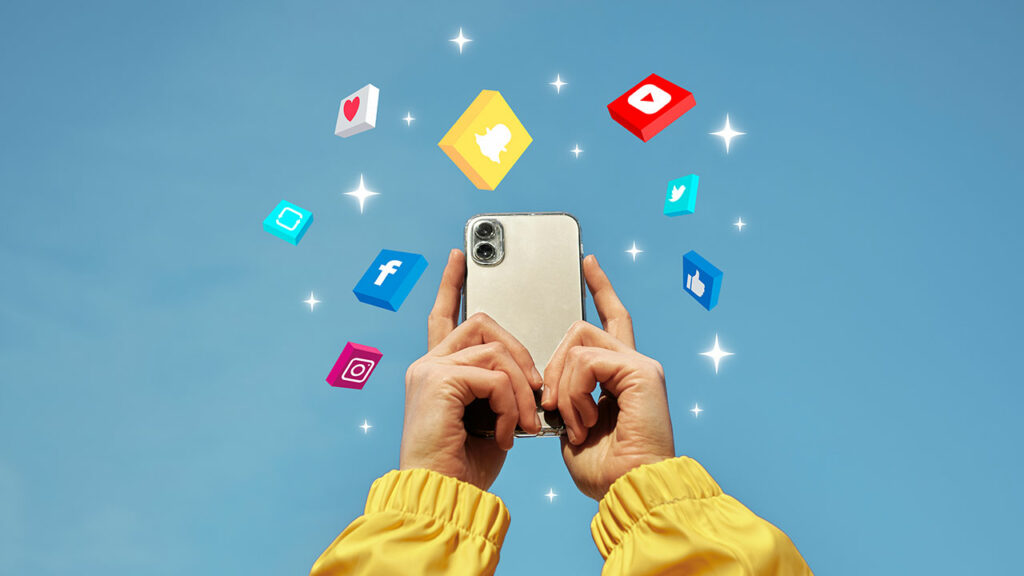
As this article shows, social media is a double-edged sword. The pros and cons of social media will affect different people in different ways depending on how they engage with it. There are some positive aspects when it’s used responsibly and in moderation. However, there can also be negative effects if it’s used excessively and causes harm.
You should always be aware of the cons of social media, and if you notice the first signs of these cons developing, consider moderating your use. Read our tips for achieving a healthier balance with social media.
Need help?
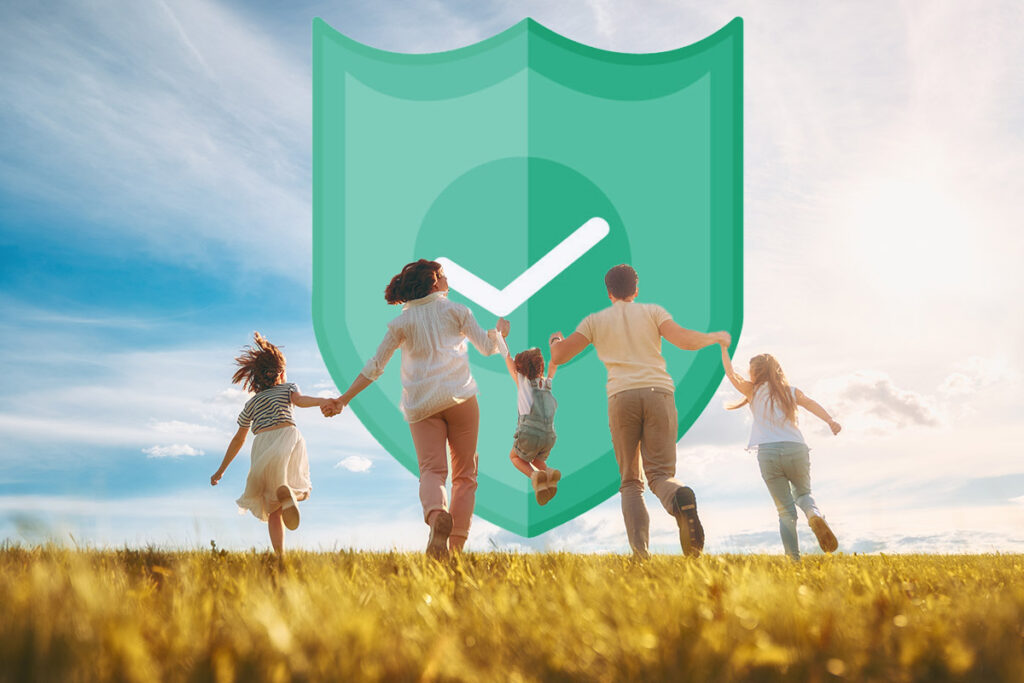
If you or a loved one are unable to stop engaging with gaming content on social media and it’s causing problems, we can help.
At Game Quitters, we’re experts in screen addiction. Our specialist coaching programs are designed to allow those using devices to choose to manage their time effectively. It’s not just about gaming or using social media less – it’s about building a life you (or they) no longer need to escape from.
To find out more, get in touch to book a Gameplan Strategy Call. During the call, we’ll see if you or a loved one are a good fit for our coaching program. We have limited spots available and are unable to accept all applicants.
